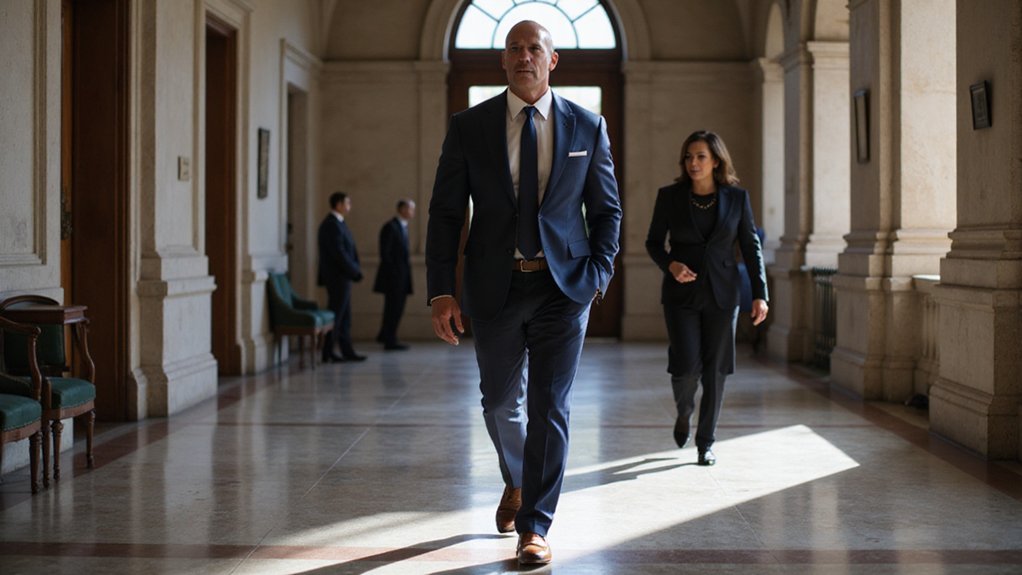While the crypto ETF landscape grows increasingly crowded with traditional financial giants vying for market share, Trump Media & Technology Group has decided to throw its hat into the ring with what can only be described as a characteristically bold—some might say audacious—move.
The company has filed to list the “Truth Social Crypto Blue Chip ETF,” a vehicle that would allocate 85% of its holdings to bitcoin and ether, with the remaining 15% distributed among solana, XRP, and cronos. One might question whether this constitutes genuine diversification or simply a concentrated bet on the most recognizable digital assets, but the filing represents more than just another attempt to capture crypto’s momentum.
What makes this particularly intriguing is the broader ecosystem Trump Media appears to be constructing. The company isn’t merely seeking regulatory approval from the SEC—a process that has already triggered review proceedings—but is simultaneously pursuing an ambitious global expansion strategy that would make even the most optimistic Silicon Valley evangelist pause.
Plans include deploying 100,000 kiosks across Africa by 2030, complete with solar panels to power crypto infrastructure in underbanked regions.
The numbers behind this initiative are staggering: roughly 420 million users currently engage with the platform’s crypto initiatives, with approximately 30 million new wallets added monthly. This scale suggests something beyond typical political theater, particularly when considering the focus on stablecoins for inflation-affected economies where traditional banking remains inadequate. The stablecoin market has reached unprecedented growth, demonstrating the increasing demand for stable digital assets in volatile economic environments.
The timing coincides with the Trump administration’s push for clearer crypto regulations, including executive orders supporting digital asset growth and proposals for a national Bitcoin reserve. Whether this regulatory alignment represents genuine policy conviction or opportunistic positioning remains an open question. The administration’s Working Group on Digital Asset Markets, chaired by David Sacks, must submit a comprehensive report within 180 days outlining the regulatory framework.
Yorkville America Digital serves as the managing partner, while Crypto.com’s custody arm will safeguard the underlying assets—an arrangement that adds institutional credibility to what might otherwise appear as another speculative venture. The trust structure operates as a Nevada business trust, providing the legal framework necessary for institutional-grade cryptocurrency fund management.
The regulatory environment’s evolution, combined with Bitcoin’s approaching supply cap of 21 million coins, creates a backdrop where even the most unconventional players might find surprising success in the digital asset space.









